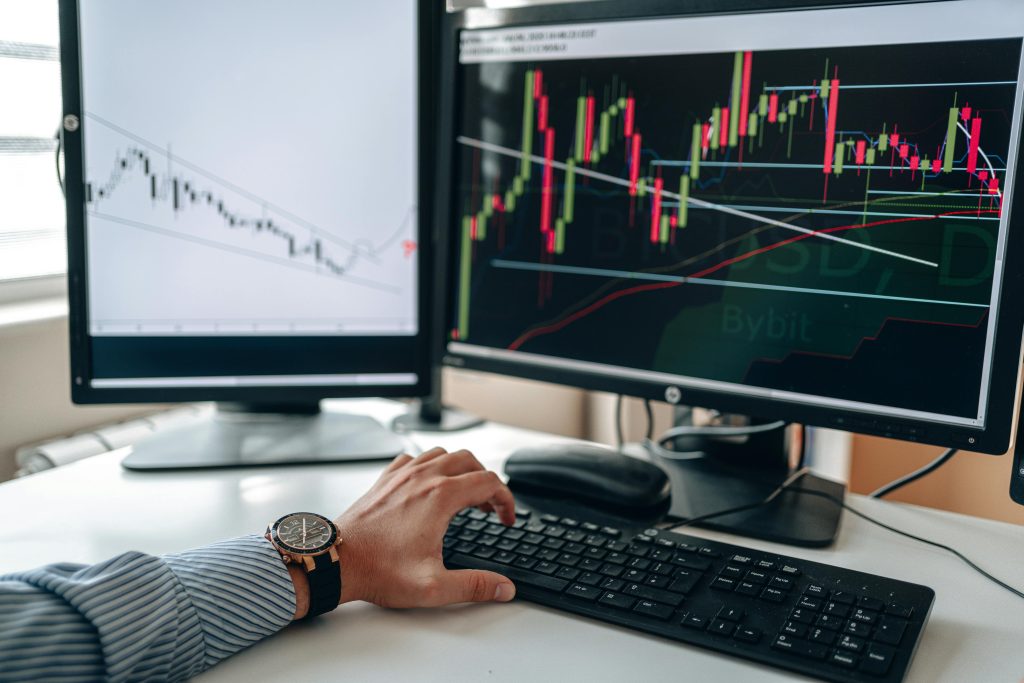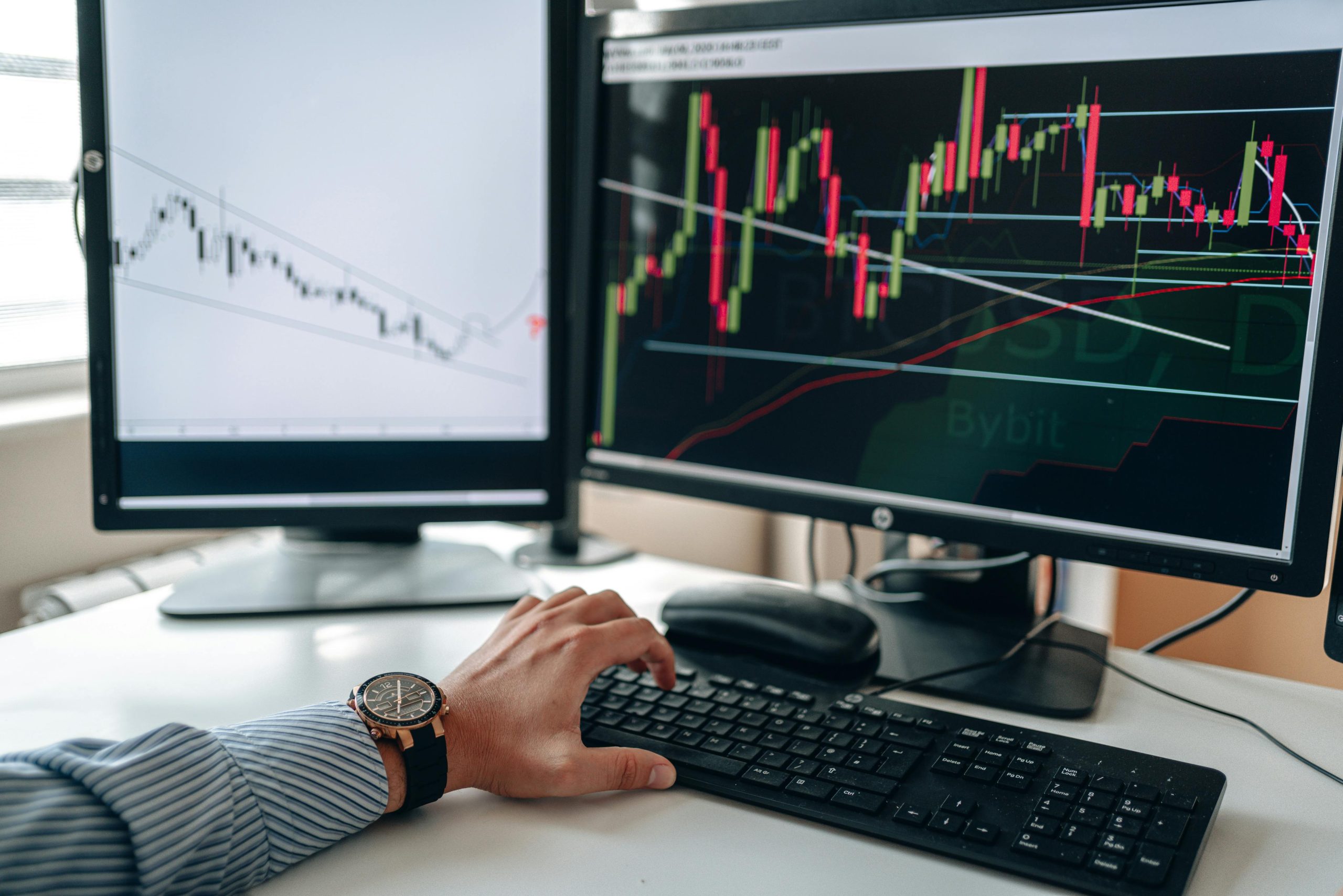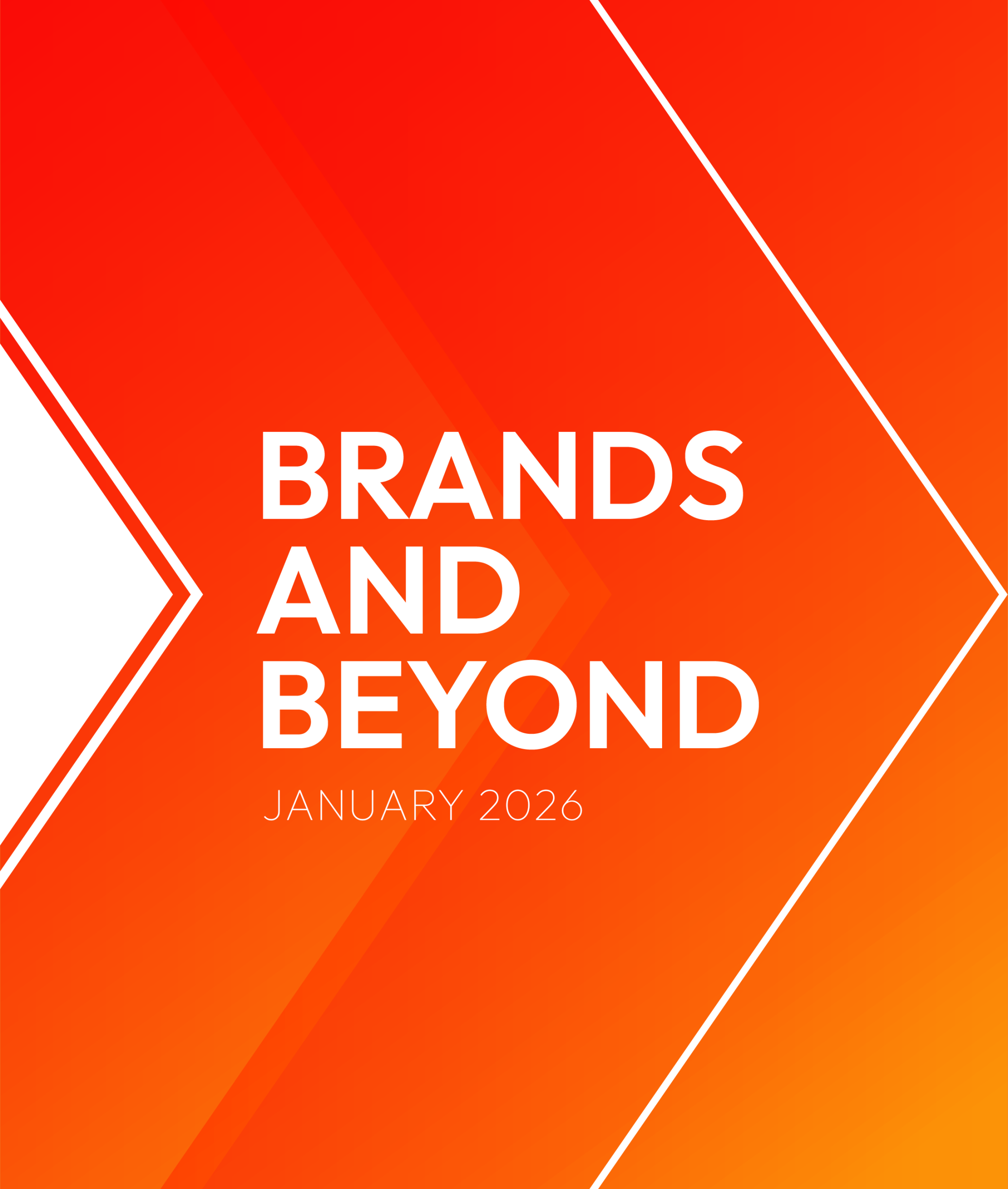Optimizing Media Buying with AI-Driven Strategies
Optimizing media buying with AI-driven strategies involves leveraging artificial intelligence technologies to improve the efficiency, targeting, and return on investment (ROI) of digital advertising campaigns. As media buying plays a critical role in performance marketing, integrating AI into campaign optimization processes helps in automating decision-making and delivering more precise audience engagement in digital campaigns.
- AI strategies enhance media buying accuracy through advanced data analysis and machine learning.
- Automation in campaign optimization reduces human error and accelerates decision-making.
- AI-powered tools improve targeting capabilities by predicting consumer behavior and preferences.
- Integration of AI in performance marketing increases ROI by optimizing budget allocation across channels.
- Risks include dependence on algorithmic systems and potential challenges in data privacy compliance.
Media buying is a cornerstone of performance marketing, where strategic placement and timing of advertisements directly impact the effectiveness of digital campaigns. The use of AI strategies transforms traditional media buying by introducing intelligence-driven automation and predictive analytics that enable marketers to optimize campaigns continuously.
Introduction to AI in Media Buying
Media buying has evolved significantly with the digital revolution, leading to an increasingly complex marketplace involving numerous platforms, formats, and audience segments. This complexity has necessitated the adoption of advanced technologies to maintain competitive advantage. AI-driven strategies have emerged as crucial tools for marketers seeking to optimize digital campaigns efficiently. These technologies process vast amounts of data in real-time to inform targeting, bidding, and budget decisions, making media buying operations more effective and scalable. AI is particularly relevant in environments where performance marketing goals demand precise attribution of results to specific campaign actions and media purchases.
Organizations that implement AI-based media buying techniques benefit from enhanced adaptability to market fluctuations and consumer behavior changes. This shift is relevant for advertisers across industries who depend on digital campaigns to reach segmented audiences at scale and maximize ROI.
AI-Driven Media Buying: Definitions, Examples, and Market Context
To get to know what makes the difference, it is important to understand both definitions:
Media Buying refers to the process of purchasing advertising space or time on various media outlets—online platforms, television, radio, or print—to reach specific audiences. It involves identifying target demographics, negotiating costs, selecting channels, and scheduling ads. In digital campaigns, media buying incorporates programmatic buying, where ad placements are transacted automatically through platforms leveraging data and algorithms.
AI Strategies in media buying use machine learning models, natural language processing, and predictive analytics to optimize these transactions. These strategies analyze historical data, consumer behavior, seasonal trends, and real-time interactions to adjust bids and placements dynamically.
Examples of AI Applications in Media Buying:
- Programmatic Advertising Platforms: Platforms like Google Ads and The Trade Desk utilize AI algorithms to automate bidding strategies and target specific audience segments in milliseconds, optimizing cost per acquisition (CPA) and return on ad spend (ROAS).
- Predictive Audience Targeting: AI models predict user intent and propensity to convert by analyzing digital footprints and engagement patterns, enabling marketers to prioritize high-value prospects.
- Dynamic Creative Optimization (DCO): AI-driven systems customize ad creatives in real-time based on user demographics, device type, or location to improve engagement.
- Budget Allocation Tools: AI assesses past performance data and forecast models to distribute budgets efficiently across channels and campaigns, maximizing overall performance marketing results.
Market Context
The adoption of AI in media buying has accelerated as digital advertising spend continues to grow globally. According to industry reports, programmatic ad spend now accounts for the majority of digital media budgets due to its efficiency and measurable impact. AI-driven campaign optimization responds to challenges such as transparency, fraud detection, and real-time attribution, all areas that require constant adaptation in a digital ecosystem.
Risks and Considerations
- Algorithmic Bias: AI systems may inherit biases from training data, potentially leading to ineffective targeting or exclusion of important audience segments.
- Data Privacy and Compliance: The reliance on large volumes of consumer data raises concerns around GDPR, CCPA, and other regulatory frameworks governing user privacy.
- Over-reliance on Automation: While automation enhances efficiency, human oversight remains essential to interpret complex market signals and adjust strategies beyond AI capabilities.
- Performance Volatility: Algorithms can sometimes cause abrupt changes in bidding or targeting strategies, affecting campaign stability.
Despite these risks, the potential benefits justify the increasing integration of AI in media buying workflows. Continuous monitoring and ethical AI practices help mitigate associated challenges.
Summary
Optimizing media buying with AI-driven strategies represents a significant advancement in performance marketing, enabling more precise targeting, real-time bidding, and improved ROI in digital campaigns. By leveraging machine learning models, predictive analytics, and automation, media buyers can navigate a complex digital advertising landscape with greater efficiency and accuracy. While there are considerations regarding algorithmic biases, data privacy, and the necessity of human oversight, the application of AI in campaign optimization continues to grow as a best practice among marketers.
For organizations aiming to enhance their media buying effectiveness and achieve superior campaign outcomes, embracing AI-driven methods is increasingly essential.
Need help of a strategist for your business question? Request our brand tailored and free Growth Analysis or Get in touch with our local success manager.










